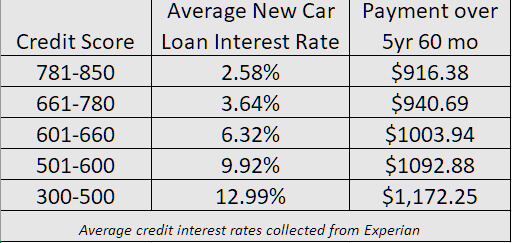Electric vehicles are trendy, maybe better for the environment and more efficient…. But is there a penalty for “doing the right thing” for the environment? Short answer, yep.
A new study by University of California, Berkeley found all new vehicles could be electric by 2035. President Biden wants to make half of all new U.S. vehicles electric in 2030. Notice the wording? New vehicles.
So I genuinely want to save the environment too, but what is the fallout of a decision like this for lower income households?
- Higher gas prices for one, which will affect all walks of life with regard to financial cost. Oil companies will be forced to raise gas prices legally or otherwise to maintain their current earnings and pacify board members and shareholders.
- Hybrid & electric vehicles are VERY expensive. According to Kelley Blue Book, the average transaction price for an electric vehicle in April 2021 was $51,532. That’s more than $11,000 higher than what you’d pay at the dealership for a full-size gas-powered car, and nearly $30,000 more than the average compact car sale.

Now it’s easy to say that most low income families buy used cars, but these prices will rise in a relative fashion as well. Remember, used car interest rates are even higher! Could you afford these payments?
What if there is EVEN MORE cost involved? Well, spoiler alert… there is.

Many states have actually imposed additional fees for registration, taxes and more. For example EV fees in Georgia where I live are $212.78 for noncommercial alternative fueled vehicles, whilst gas powered vehicles only pay the $20 yearly annual registration fee. Check if your state is going to charge you for saving the planet here at NCSL.

Ohio
- Traditional fees (Ohio Bureau of Motor Vehicles)
- $31 annual registration renewal fee.
- EV fees (Ohio Rev. Code § 4503.10/HB 62 (2019))
- $200 additional annual fee for plug-in electric motor vehicles.
- $100 additional annual fee for hybrid motor vehicles.
- Total fees
- Annual fees of $231 for plug-in electrics.
- Annual fees of $131 for hybrid vehicles.
There is no doubt that change is hard, hell we all hate it… But can we all afford it? How can governmental bodies force this change on us and charge us extra for the privilege?
Some states are providing incentives, but it’s more doubletalk in many cases. For example we see Ohio punishing EV above and in the same breath saying that you will not be required to emissions test your EV vehicle. However, Ohio residents get 3 free tests a year. If they fail their first 3 tests then each additional test is $18. So there is only a savings of aggravation offered by Ohio.
Doubletalk and governmental bullshit aside, reducing emissions is necessary and great, but it also comes at a increased cost to US citizens. This is just another necessary change that will further threaten the financial wellbeing of lower income households in the US. Sad, but true.
